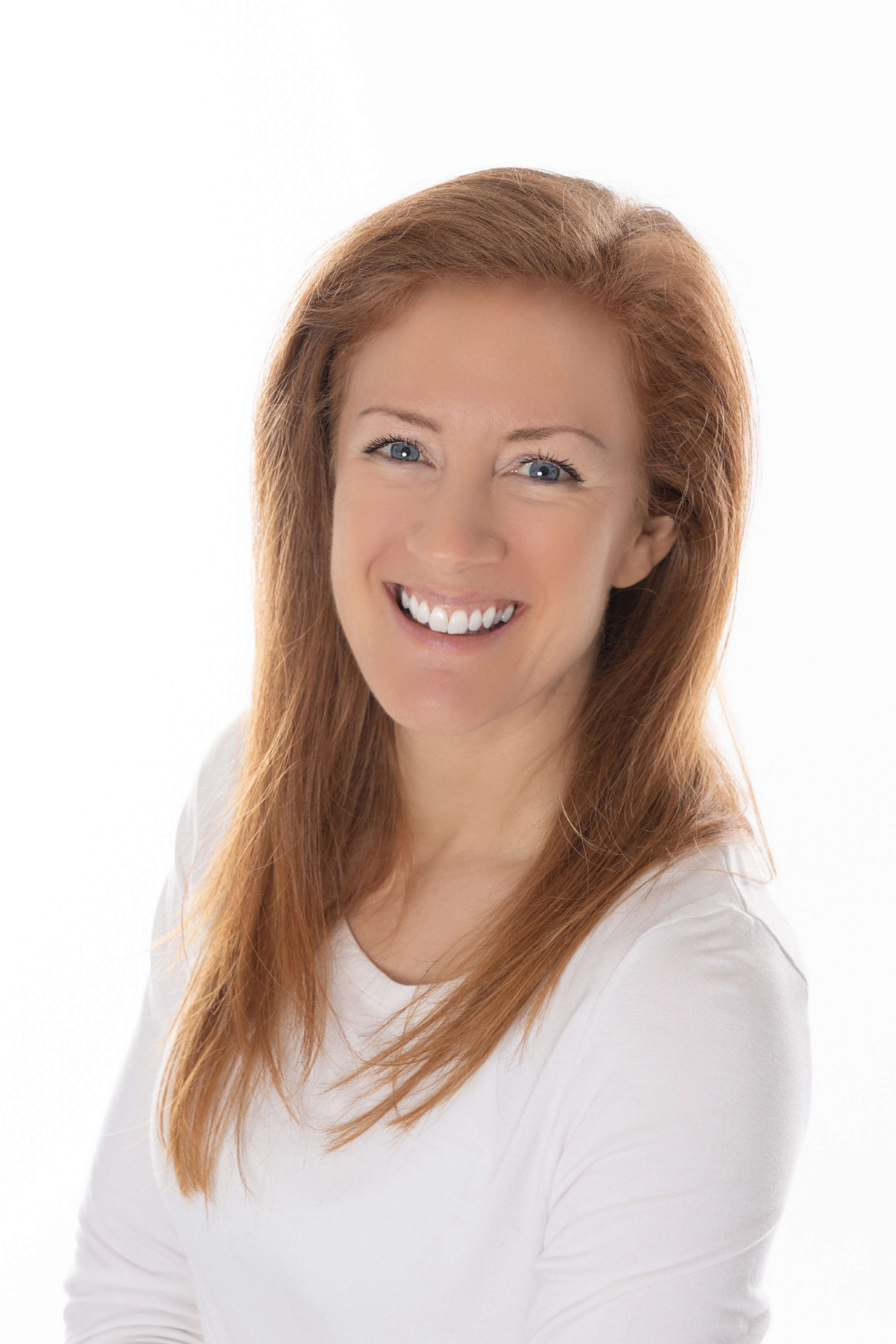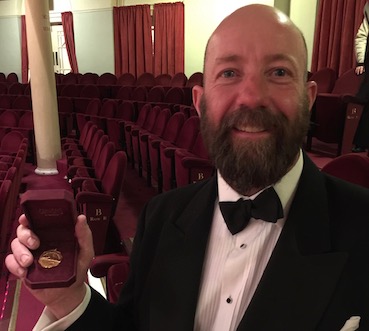Welcome to a special programme featuring - in full - the performances from all six finalists in the Cleveland Medal Test, 2018.
The Cleveland Medal is the highest honour which the Manx Music Festival awards annually to the best solo voice, and the final competition involves the winners of each of the Special Solo classes for individual voice types.
In each class, the singer has a choice of two set test pieces, and can then sing a piece of their own choice. All singers must use the official accompanist, and in the final competition for the coveted Cleveland Medal, each singer must repeat the two pieces, but in front of a different adjudicator.
This 42-minute programme is your opportunity to hear each Special Solo class winner, with the performance that earned them a place in this year’s Cleveland Medal Test.
These notes follow the actual order in which you can hear the singers in the programme
Olivia Black was the winner of the Special Soprano Solo voice class. Olivia’s test piece is “My Life’s Delight” a poem by Thomas Campion set to music by Roger Quilter. Her accompanist is Frank Woolley.
Olivia Black followed her test piece by Quilter with her own choice - a beautiful, haunting art song by Richard Hageman “Do Not Go, my love, without asking my leave”.
Michael Corkhill won the Special Tenor Solo voice class. Accompanied by Gareth Moore, Michael selected his own-choice piece from The Daughter of the Regiment - a two act opera by Donizetti. “Ah! Mes Amis - Pour Mon Ame” has been called the "Mount Everest" for tenors, as it features nine high Cs - but it was a mountain Michael didn’t seem to have any trouble in climbing …
Special Tenor class winner Michael Corkhill chose as his test piece an aria from the opera “Paris and Helen” by Gluck. This is Paris’s declaration of love "O del mio dolce ardor" (O of my gentle love) Again, his accompanist is Gareth Moore.
Judith Barker from Liverpool was the winner of the Special Contralto Solo Class. Her accompanist is Madeline Kelly, and this is her own-choice piece - “Autumn Storms” - one of a set of nine songs for voice and piano by Edvard Grieg.
From the two test pieces set for the Special Contralto Solo class, Judith Barker chose the popular Italian art song “Amarilli Mia Bella” by Caccini.
Matthew Quinn took first place in the Special Baritone Solo class. His chosen test piece is words by Irish poet Joseph Campbell set to music by Ivor Gurney - “I will go with my father a-ploughing” and his accompanist is Jill Collings.
For his own choice piece, solo voice class winner Matthew Quinn chose an aria for baritones from the first act of Mozart’s Marriage of Figaro. “Se vuol ballare” portrays Figaro's intent to foil Count Almaviva's womanizing, but can also be read as a political attack on the power-wielding nobility of the time. Matthew is again accompanied by Jill Collings.
Debbie Gooding of Douglas is a pupil of Mandy Griffin - herself the holder of four Cleveland Medals. Debbie won the Special Mezzo Soprano Solo class with works by Vaughan Williams and Benjamin Britten.
Debbie’s test piece is the second of six songs in the cycle “The House of Life” one of Vaughan Williams' finest vocal collections from his early years. The songs, scored for voice and piano, are based on the six sonnets of the same collective title by Dante Gabriel Rossetti. Accompanied by Graham Kirkland, Debbie Gooding sings “Silent Noon”.
Debbie Gooding - winner of the Special Mezzo Soprano Solo class now sings her own choice - “Funeral Blues” a song written for voice and piano by Benjamin Britten when he was just 23 years old. “Funeral Blues” draws on the very powerful text of what is now one of W.H. Auden’s best-known poems. ‘Stop all the clocks, cut off the telephone, Prevent the dog from barking with a juicy bone’ Once again, Debbie’s accompanist is Graham Kirkland.
And finally ……. the winner of the Special Bass Solo class was ultimately chosen by adjudicator Jeffrey Wynn-Davies to receive the 2018 Cleveland Medal. He is Paul Costain, and this is his second medal - he won for the first time in 2016, and gives his music teacher, Mrs Eleanor Shimmin, full credit for his successes. Here he is, singing his test piece - “Rollicum Rorum” - a musical setting of a poem by Thomas Hardy by composer Gerald Finzi. Paul’s accompanist is Patricia Cullen.
For his own choice piece, 2018 Cleveland Medal winner Paul Costain chose the aria “Il lacerato spirito’ from Simon Boccanegra by Guiseppe Verdi. In this aria the character Fiesco sings sorrowfully that his daughter Maria has died. He rages against the absent Simon Boccanegra and then accuses the Virgin Mary of not protecting his daughter. After realising that he has committed blasphemy, he prays to her, hoping that she will forgive him. Paul is accompanied by Patricia Cullen.



